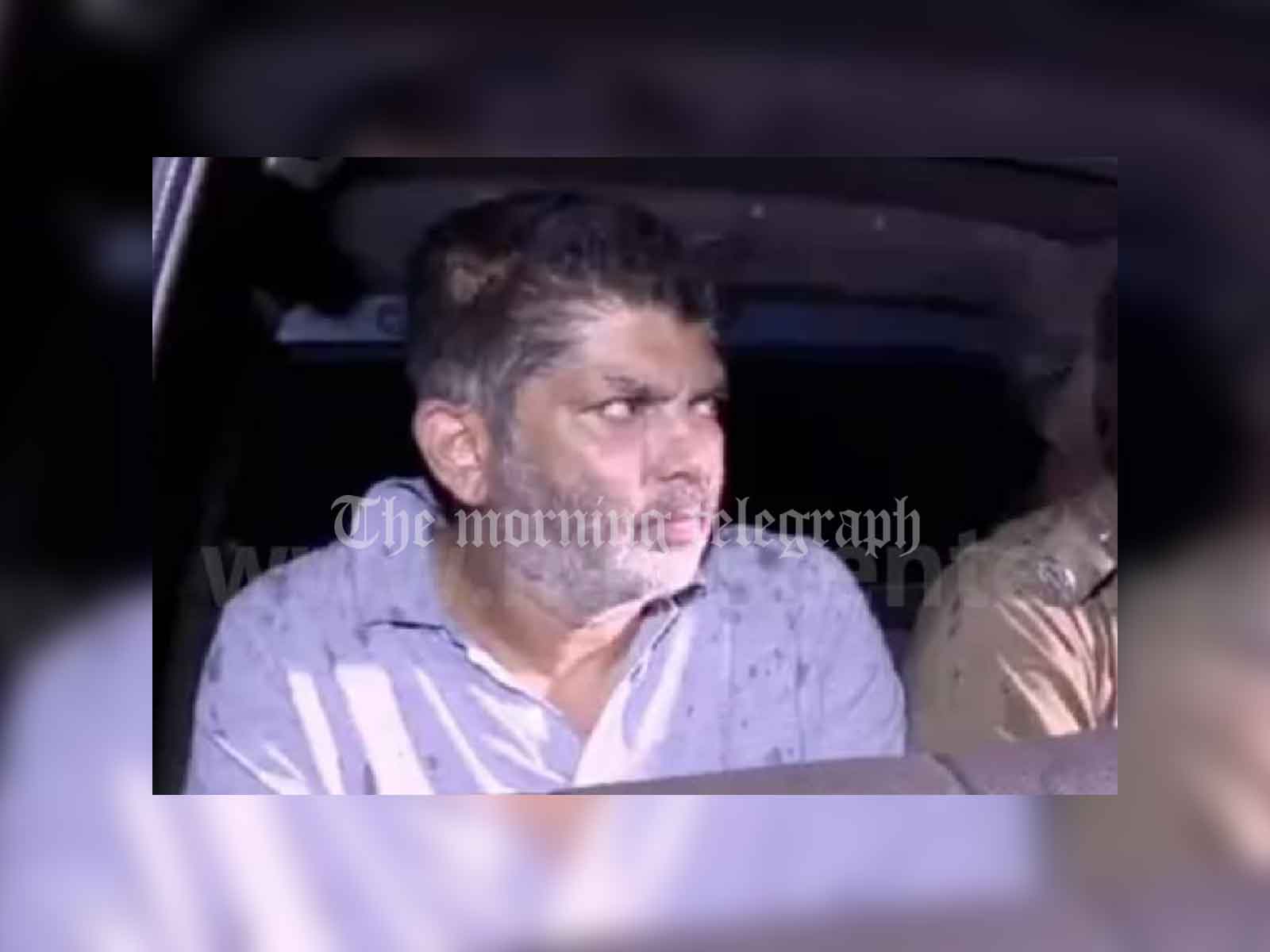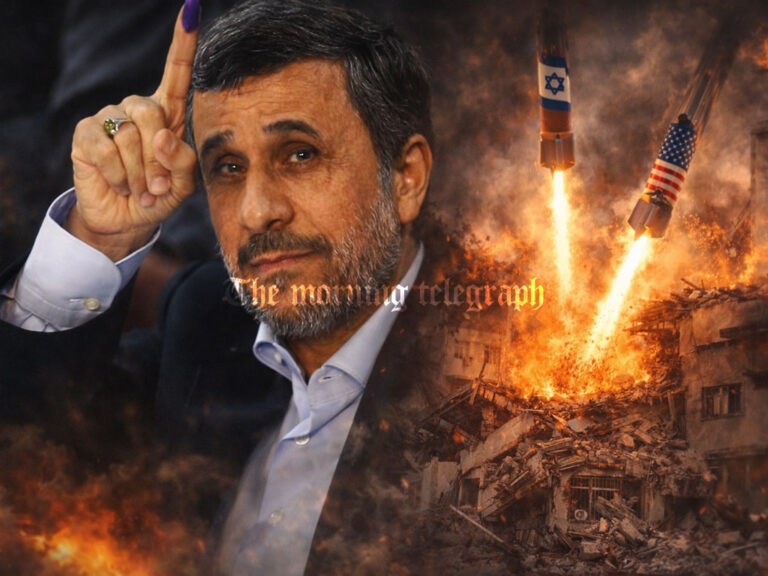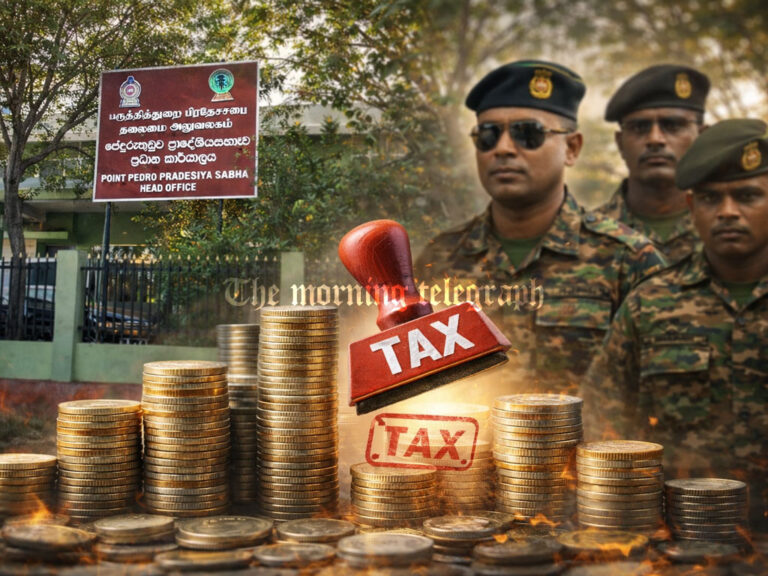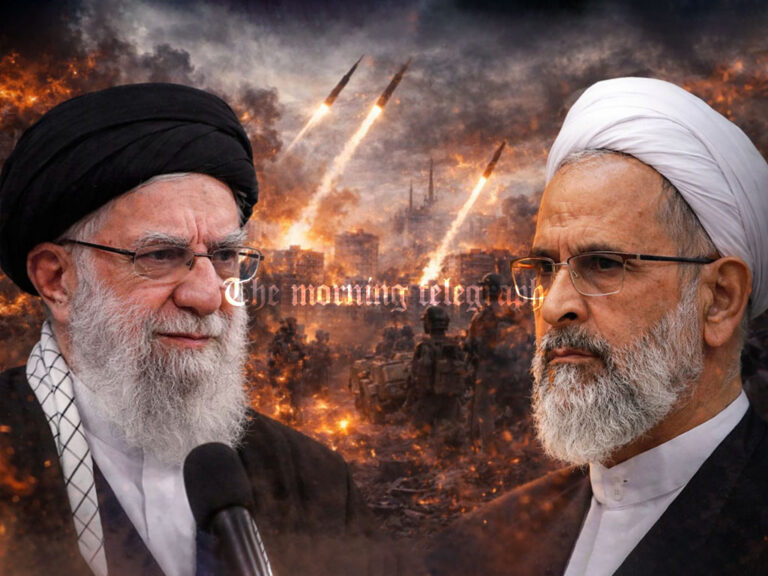
Former State Minister Lohan Ratwatte, recently arrested on charges of using a luxury car illegally imported and assembled in Sri Lanka, has been moved to the prison hospital following his remand. Ratwatte was taken into custody on October 31 in Katugastota, Kandy, by the Mirihana Police. Later that night, he was presented before the Acting Magistrate in Nugegoda, who ordered his remand until November 7.
It is yet to be established though as to what exactly his ailment is that requires medical treatment, a privilege frequently extended to high-profile politicians and businessmen.
Despite his detention order, the magistrate permitted Ratwatte to receive treatment in the prison hospital. This development has sparked public curiosity and scrutiny, as the transfer highlights questions regarding the availability of special privileges for certain individuals facing legal action. The case continues to draw attention amid ongoing investigations into the illegal import and assembly of luxury vehicles allegedly linked to political figures.
Ratwatte’s controversial past dates way back to year 2000 where he was facing longstanding allegations involving grave misconduct and violent intimidation. During the May Day 2000 killing of rugby player Joel Pera outside the Carlton Club in Colombo, Ratwatte was reportedly present, yet police delayed investigating until public outcry forced action. He was also implicated in widespread voter intimidation and ballot rigging in the October 2000 General Election. Another serious incident linked to Ratwatte occurred on December 5, 2001, when a “thug squad” allegedly under his control intercepted a vehicle carrying a ballot box and ten SLMC supporters near Katugastota. The vehicle was run off the road, crashing into a lamppost, after which the assailants opened the doors and shot the occupants at point-blank range before fleeing. In a more recent controversy, Ratwatte, then State Minister of Prison Management and Prisoners’ Rehabilitation, resigned following accusations that he had threatened to kill two Tamil prisoners in Anuradhapura, forcing them to kneel and pointing his firearm at them. His resignation was later accepted by President Gotabaya Rajapaksa, responding to civil society and parliamentary demands for accountability amid escalating concerns over his actions.




